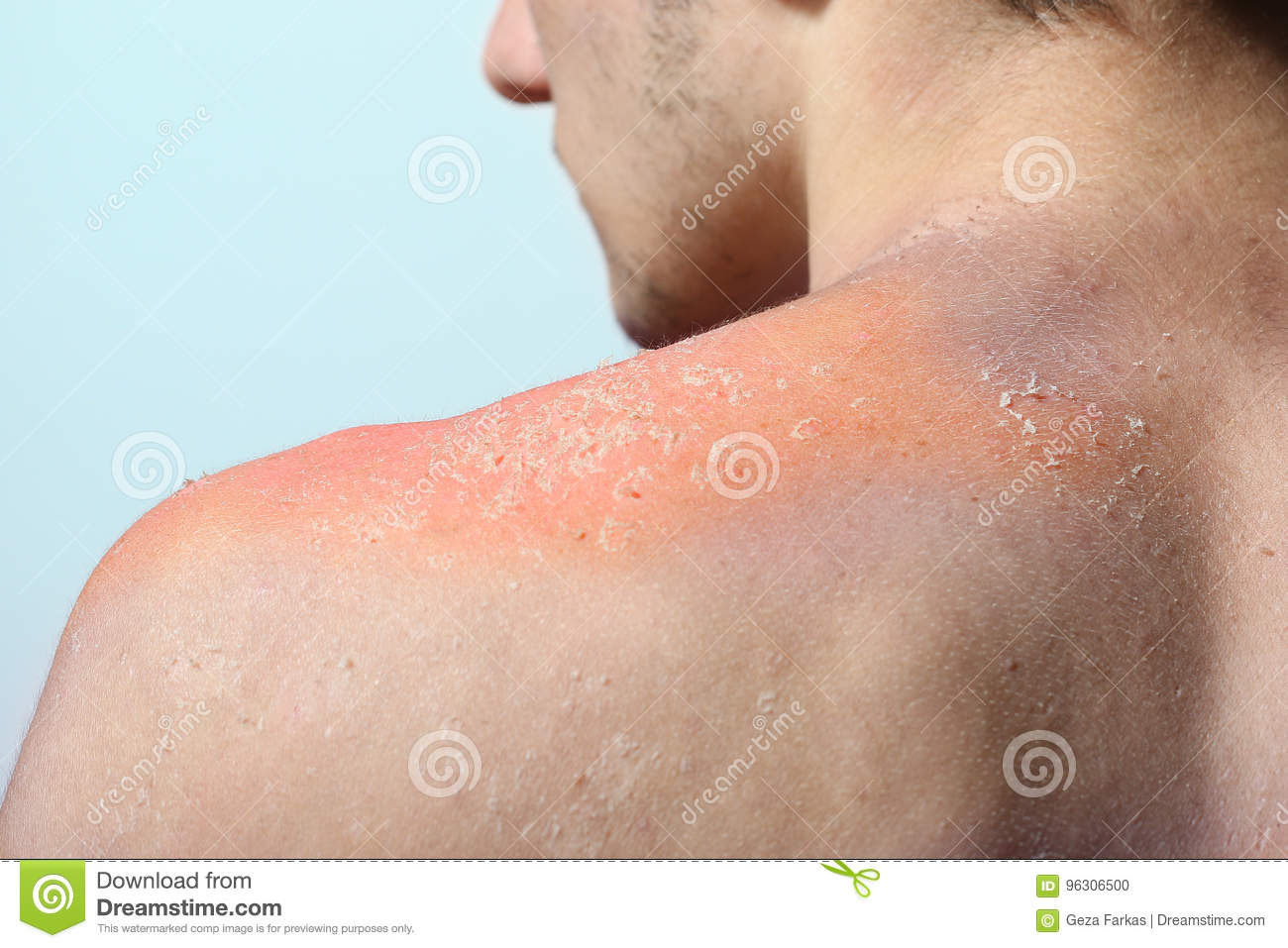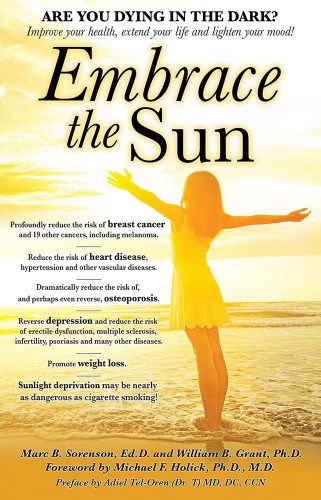Sunscreen chemicals strike again. This time it is breast cancer. By Marc Sorenson, EdD.
Sunscreen chemicals may be some of our most debilitating environmental poisons.
Due to the worries regarding potentially deadly sunscreen chemicals, researchers are beginning to reassess the wisdom of using them.
Oxybenzone is one of the most widely used sunscreen chemicals and probably the most dangerous. Thus, we will present a few facts about the effects of Oxybenzone:
- First of all, research more than two decades old shows Oxybenzone is absorbed systemically after skin application. That evidence continues to accumulate, yet not all researchers agree that high systemic absorption of noxious chemicals is dangerous.
- Oxybenzone and other sunscreen chemicals are endocrine disruptors. Hence, they may have deleterious effects on the breast, prostate and other endocrine glands.
- These chemicals increase the production of deadly free radicals in the skin. Free radicals are associated with tissue and DNA damage and thought to be precursors to cancer.
- Sunscreen chemicals are agonists, which are substances capable of eliciting a response in hormonally regulated processes. Mammary gland development and cancer initiation are examples of responses to agonists.
- Sunscreen chemicals may lead to sunburns.

- These chemicals harm coral reefs.
- Since 1935, outdoor work has decreased profoundly (about 90%). In addition, sunscreen use has increased profoundly, and melanoma incidence has increased by about 3,000%. Seems like there is a disconnect here, no? [Read my book, Embrace the Sun, for the analysis.]
The latest, most noteworthy and alarming research on sunscreens.
Sunscreen chemicals, according to the propaganda, should prevent melanoma yet paradoxically, they do not. In addition, they should stop sunburns, yet, they do not. Another dilemma for sunscreen promoters is evidence that sunscreen toxicity is more than skin deep. Could sunscreen chemicals also promote initiation and growth of breast cancer? Endocrine-disrupting chemicals like oxybenzone and others are agonists for hormone sensitive cancers such as breast cancer. Consequently, researchers performed enlightening research to determine the relationship between breast cancer and oxybenzone. The investigation measured urine concentrations of oxybenzone in rodents on high-fat or low-fat diets exposed to that chemical.
The connection of oxybenzone and breast cancer
Results: “Benzophenone-3 exposure to mice [on high-fat diets] yielded urine levels similar to humans subjected to heavy topical sunscreen exposure.” The high-fat diet with oxybenzone promoted increased tumor cell proliferation, decreased tumor cell apoptosis [cancer-cell death], and increased tumor vascularity. In other words, it promoted growth and development of breast cancer.
The animals on a lifetime low-fat diet appeared to receive some protection with oxybenzone. Nevertheless, the researchers made the following statement: “Although benzophenone-3 [oxybenzone] seemed protective on low-fat diet, spindle cell tumors arising in these mice showed increased proliferation growth and decreased apoptosis.” My opinion is that this would predict increased potential for breast cancer and other cancers in the future.
Nearly all humans in this day are consuming high-fat diets. For those who are consuming low-fat diets, it would still be wise to avoid sunscreens.
For more information on sunlight and health, visit sunlightinstitute.org and read the book, Embrace the Sun.
Be sure to get your share of safe, non-burning sun exposure.
HAPPY SUNNING!



